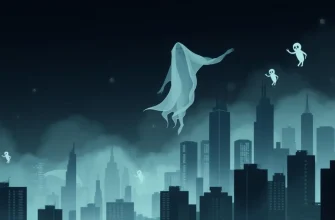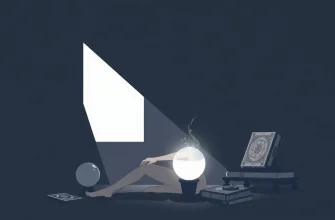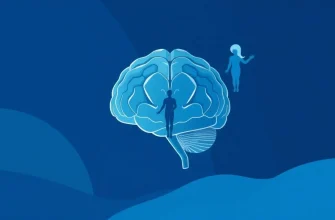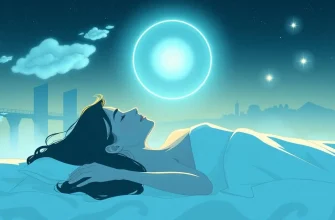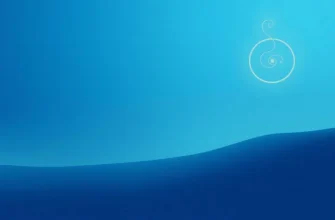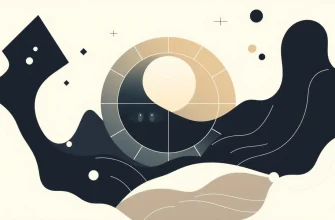The world of cinema offers a unique lens through which we can explore the enigmatic and often unsettling realm of hallucinations. This collection of films delves into the psyche, presenting stories where reality blurs with the surreal, offering viewers a glimpse into the minds of characters grappling with their perceptions. Whether through psychological thrillers, horror, or surreal dramas, these films provide a fascinating exploration of the human mind, making them invaluable for those intrigued by the mysteries of consciousness and perception.
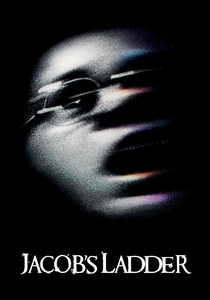
Jacob's Ladder (1990)
Description: A Vietnam War veteran experiences terrifying hallucinations that lead him on a journey to uncover the truth about his past and his current state of mind.
Fact: The film's ending was changed multiple times during production to keep the audience guessing about what was real.
 Watch Now
Watch Now
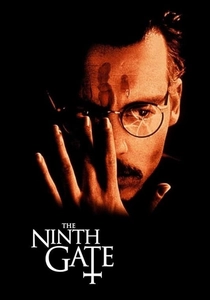
The Ninth Gate (1999)
Description: Johnny Depp plays a rare book dealer who becomes entangled in a mystery involving a book that supposedly holds the key to summoning the Devil, with hallucinations playing a central role.
Fact: The film was based on the novel "The Club Dumas" by Arturo Pérez-Reverte, with significant changes made for the screen adaptation.
 Watch Now
Watch Now
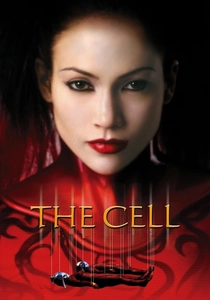
The Cell (2000)
Description: A psychologist enters the mind of a comatose serial killer to find his latest victim, encountering a surreal landscape of hallucinations and nightmares.
Fact: The film's visual style was heavily influenced by surrealist art, particularly the works of Salvador Dalí.
 Watch Now
Watch Now
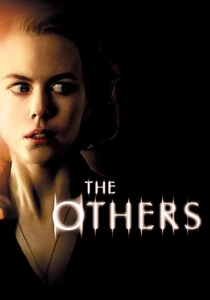
The Others (2001)
Description: A gothic ghost story where a woman living in a secluded house with her photosensitive children starts to experience strange occurrences, leading to a revelation about her own reality.
Fact: The film was shot in Spain, with the house setting being a key character in the narrative, enhancing the eerie atmosphere.
 Watch Now
Watch Now
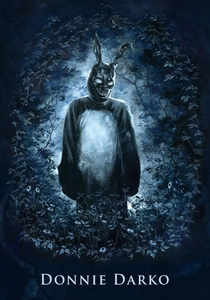
Donnie Darko (2001)
Description: A troubled teenager is plagued by visions of a man in a rabbit suit who manipulates him to commit acts that blur the lines between reality, time travel, and hallucination.
Fact: The film was initially a box office flop but has since gained a cult following for its complex narrative and philosophical undertones.
 Watch Now
Watch Now
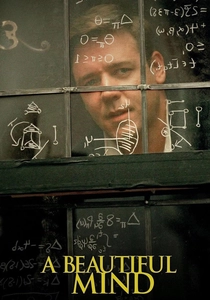
A Beautiful Mind (2001)
Description: This biographical drama portrays the life of John Nash, a mathematician whose genius is overshadowed by his struggle with schizophrenia, leading to vivid hallucinations.
Fact: The film took liberties with Nash's life story, particularly in depicting his hallucinations as more visually dramatic than they might have been in reality.
 Watch Now
Watch Now
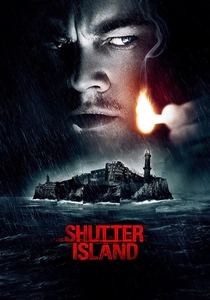
Shutter Island (2010)
Description: This psychological thriller follows a U.S. Marshal investigating the disappearance of a patient from a psychiatric facility, only to find himself questioning his own sanity as hallucinations and mysteries unfold.
Fact: The film was shot on an actual abandoned hospital, adding to its eerie atmosphere. The ending is famously debated for its interpretation of reality versus hallucination.
 Watch Now
Watch Now

Inception (2010)
Description: A masterclass in dream manipulation, this film explores the concept of entering dreams within dreams, where the line between reality and hallucination becomes increasingly blurred.
Fact: The film required the creation of a unique "dream machine" to visualize the dream-sharing technology. The spinning top in the movie is a symbol of reality testing.
 Watch Now
Watch Now
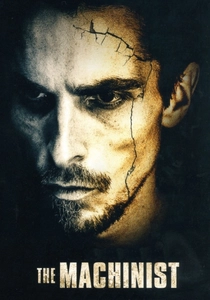
The Machinist (2004)
Description: Christian Bale stars as a machinist suffering from insomnia and hallucinations, leading to a descent into paranoia and a quest for truth.
Fact: Bale lost over 60 pounds for the role, showcasing his dedication to portraying the physical and mental toll of his character's condition.
 30 Days Free
30 Days Free
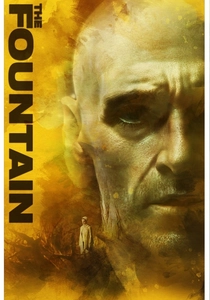
The Fountain (2006)
Description: This film intertwines three narratives across different time periods, where characters experience visions and hallucinations that connect their stories in a quest for immortality.
Fact: The film was a passion project for director Darren Aronofsky, who had been developing the idea since he was in film school.
 30 Days Free
30 Days Free


